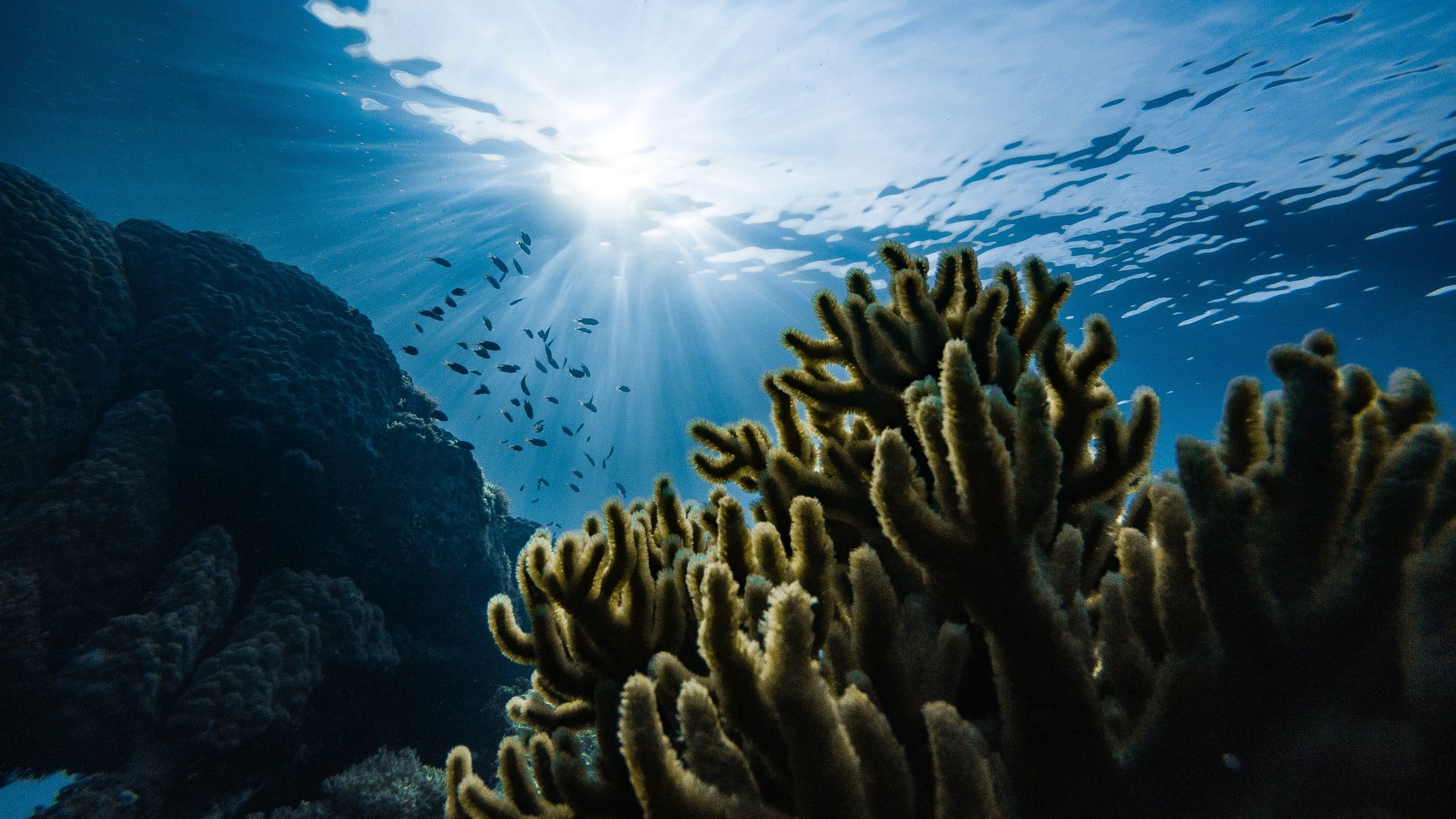
UN Sustainable Development Goals
Marine Research Plymouth Alliance organisations driving science strategies for sustainable oceans
The 2030 Agenda for Sustainable Development, adopted by all United Nations Member States in 2015, provides a shared blueprint for peace and prosperity for people and the planet, now and into the future.
At its heart are the 17 Sustainable Development Goals (SDGs), which are an urgent call for action by all countries - developed and developing - in a global partnership. They recognise that ending poverty and other deprivations must go hand-in-hand with strategies that improve health and education, reduce inequality, and spur economic growth – all while tackling climate change and working to preserve our oceans and forests.
Plymouth research helps to address many of the SDGs, especially SDG14
– ‘Conserve and sustainably use the oceans, seas and marine resources for sustainable development’. Also known as ‘Life below water’.
Through our science strategies and projects we contribute towards all the targets of SDG14 and to the realisation of its target to minimise ocean acidification (SDG14.3). Our experts are leading on ocean acidification research, a term used to describe the ongoing decrease in ocean pH caused by human carbon dioxide (CO2) emissions. They play key roles in the Global Ocean Acidification Observing Network (GOA-ON) and delivering its North East Atlantic Hub.
Plymouth pioneered research that discovered and greatly advanced our understanding of the phenomenon of microplastic and nanoplastic contamination of the marine environment, relevant to SDG14.1
– ‘By 2025, prevent and significantly reduce marine pollution of all kinds, in particular from land-based activities, including marine debris and nutrient pollution’.
Our award-winning research has translated into widespread public awareness, policy interventions and practical solutions at national, EU and global levels. For example, their research led to government bans on the manufacture of microplastic beads in the UK, Canada, New Zealand, South Africa and Sweden, preventing 4,000 tons of plastic microbeads entering the ocean each year from the UK alone.
Plymouth’s participation at the UN Ocean Conference 2022
A delegation of experts from Plymouth attended the prestigious UN Ocean Conference in Portugal, underlining our commitment to the UN Sustainable Development Goals.

